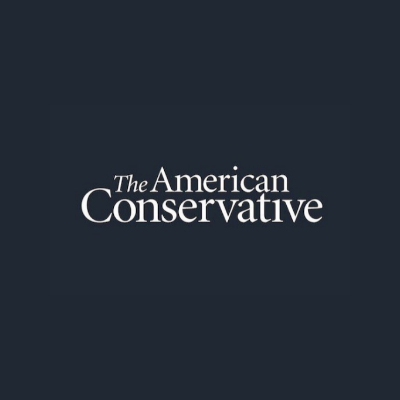 The American Conservative Article Rating
The American Conservative Article RatingWhat Can the U.S. Do About Pakistan?
- Bias Rating
- Reliability
20% ReliableLimited
- Policy Leaning
-2% Center
- Politician Portrayal
-53% Negative
Continue For Free
Create your free account to see the in-depth bias analytics and more.
By creating an account, you agree to our Terms and Privacy Policy, and subscribe to email updates.
Bias Score Analysis
The A.I. bias rating includes policy and politician portrayal leanings based on the author’s tone found in the article using machine learning. Bias scores are on a scale of -100% to 100% with higher negative scores being more liberal and higher positive scores being more conservative, and 0% being neutral.
Sentiments
-4% Negative
- Liberal
- Conservative
| Sentence | Sentiment | Bias |
|---|---|---|
Unlock this feature by upgrading to the Pro plan. | ||
Reliability Score Analysis
Policy Leaning Analysis
Politician Portrayal Analysis
Bias Meter
Extremely
Liberal
Very
Liberal
Moderately
Liberal
Somewhat Liberal
Center
Somewhat Conservative
Moderately
Conservative
Very
Conservative
Extremely
Conservative
-100%
Liberal
100%
Conservative

Contributing sentiments towards policy:
61% : The call for cultural and political autonomy by Islamic scholars transformed into a demand for a separate nation.58% : The Army emerged as the most powerful institution, positioning itself as the guardian of national ideology and territorial integrity.
52% : Fearing the demographic and political dominance of Bengali-speaking East Pakistan -- home to the majority of the country's population -- the Urdu-speaking Punjabi elite of West Pakistan engineered a reorganization, merging the provinces of West Pakistan into a single administrative entity to counterbalance the East's electoral weight.
49% : Zia's rule entrenched Pakistan's Islamization, transforming it into a state where national policy and identity were determined by hardline Sunni orthodoxy.
42% : In the early 1990s, Pakistan-backed insurgent groups conducted a campaign of targeted assassinations and public intimidation aimed at the minority Hindu population in the Kashmir valley.
40% : Engagement with Pakistan should be transactional and conditional, focused not on resolving Pakistan's ideological grievances -- but on limiting the fallout from a state that has weaponized instability and nuclear escalation as leverage.
*Our bias meter rating uses data science including sentiment analysis, machine learning and our proprietary algorithm for determining biases in news articles. Bias scores are on a scale of -100% to 100% with higher negative scores being more liberal and higher positive scores being more conservative, and 0% being neutral. The rating is an independent analysis and is not affiliated nor sponsored by the news source or any other organization.























